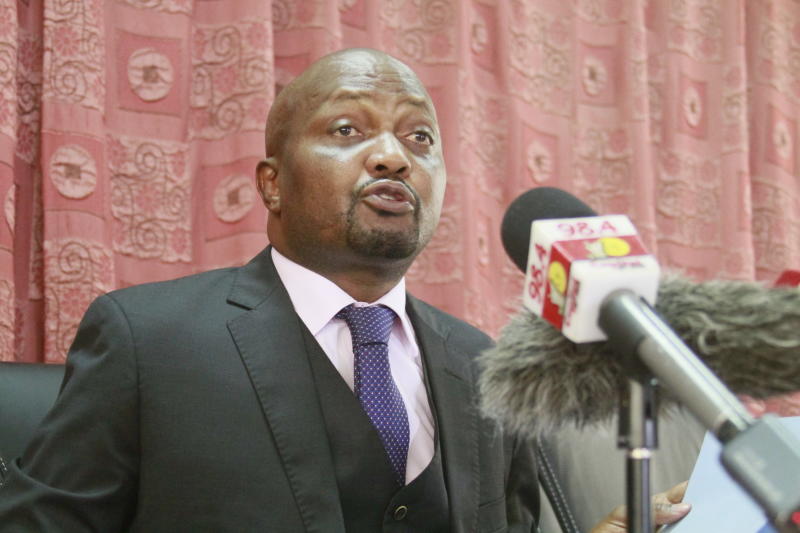×
The Standard e-Paper
Fearless, Trusted News

If you are a risky borrower, you could soon be forced to pay higher interest on loans if a new proposal by an MP is passed into law.
Gatundu South MP Moses Kuria wants the interest rates cap law reviewed to allow banks to charge up to 19 per cent on loans depending on customers’ risk profile.